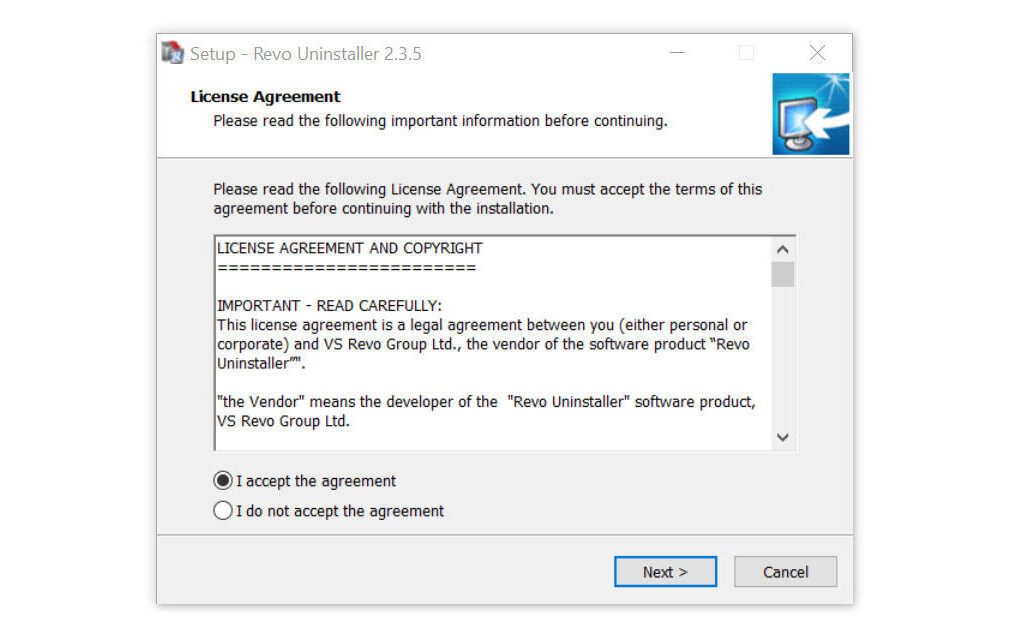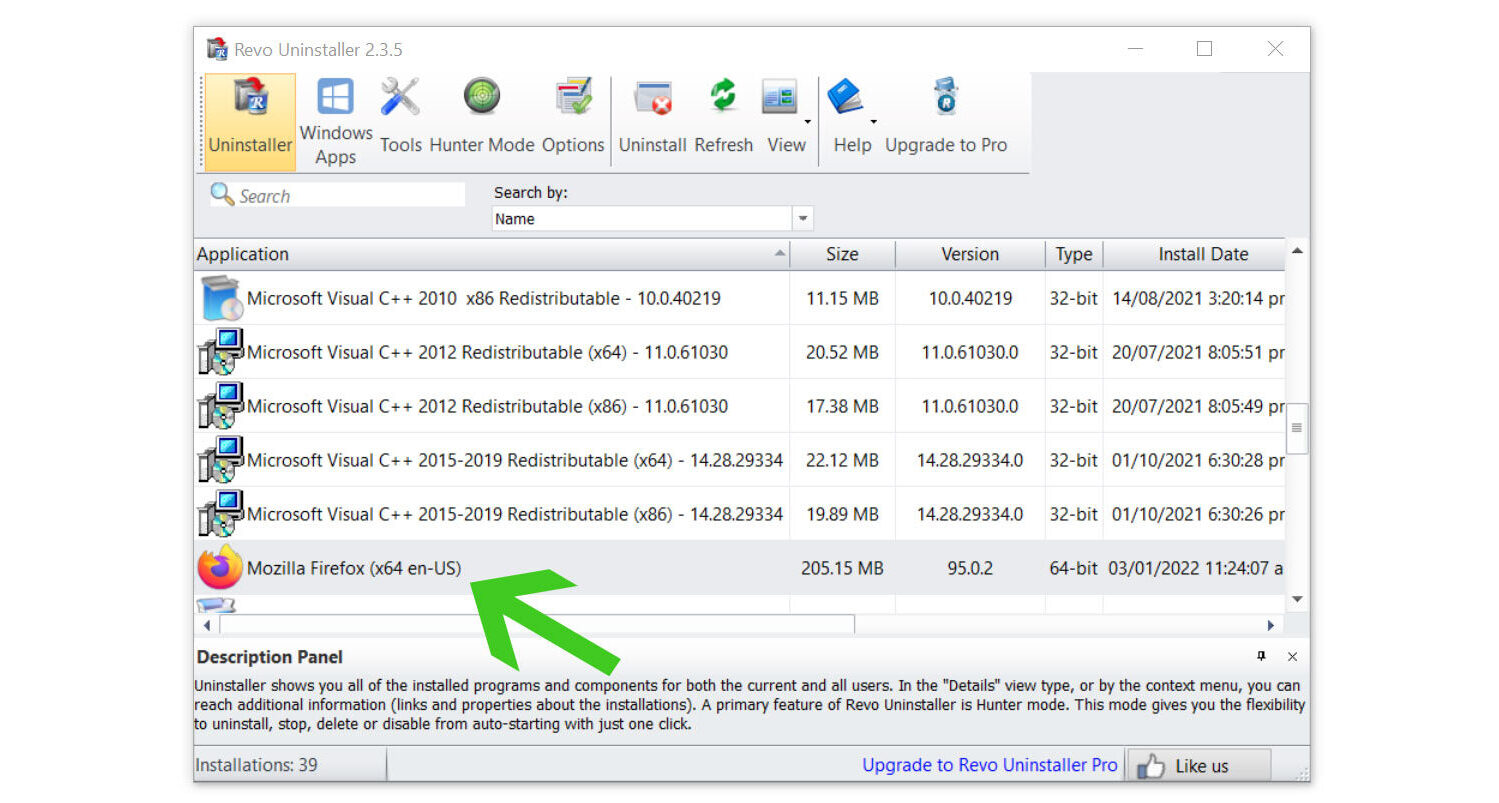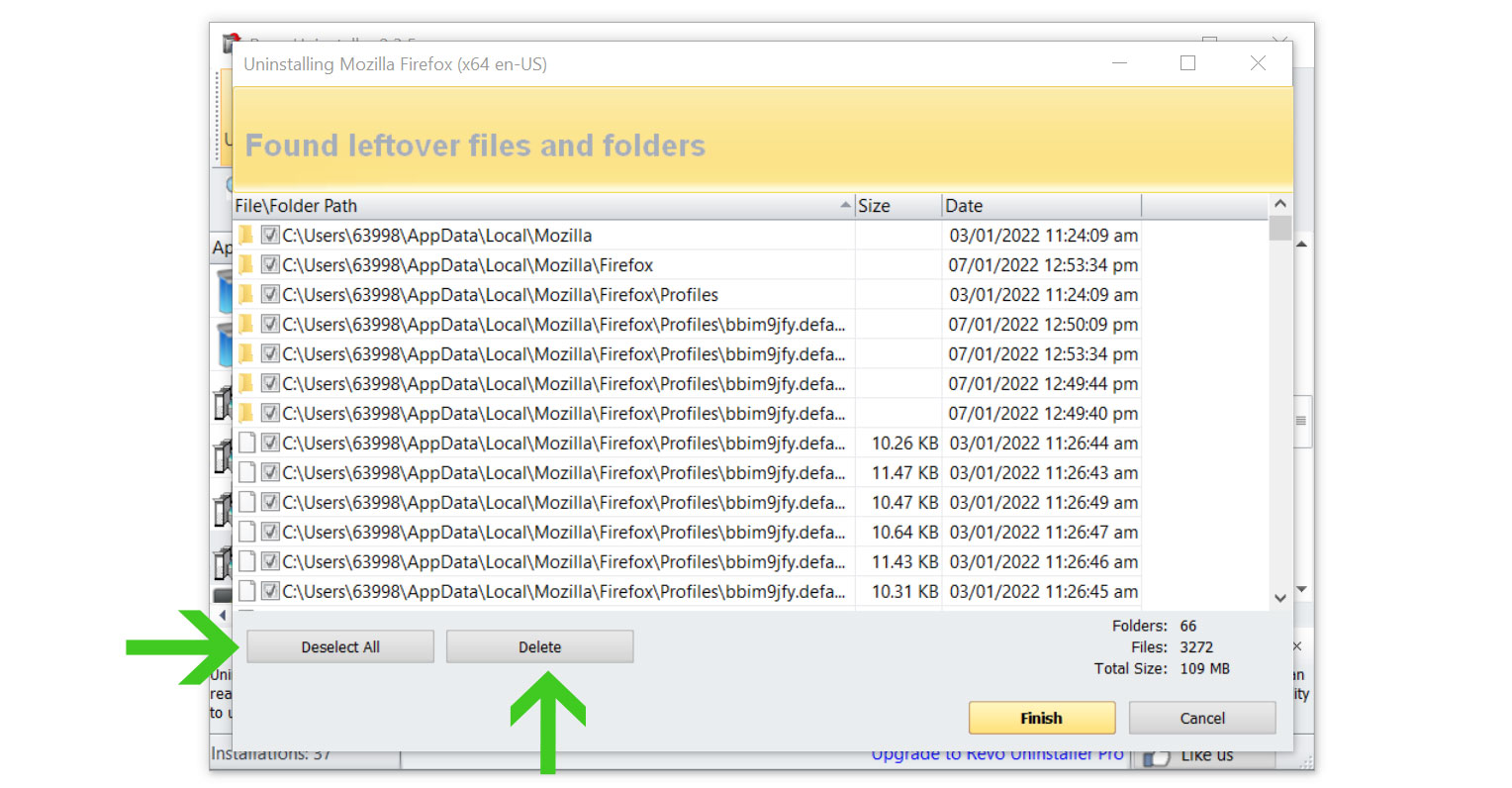PUA:Win32/Softcnapp is the detection name given to specific threats that exhibit identical malicious behavior as identified by antivirus software.
This type of threat is regarded as unsafe and capable of carrying out unwanted actions on the infected device.
Your antivirus program has notified you of this threat because it found the exact malware on your computer during a system scan.
These detection alerts should not be dismissed lightly because they indicate that your computer is susceptible and can be abused by malicious individuals.
When your antivirus software detects these types of dangers on your device, you should take the proper action. It is usually recommended to get rid of malware before it causes significant damage to the device.
Impact of PUA:Win32/Softcnapp on the system
These risks are frequently obtained by opening spam emails, visiting compromised websites, or clicking on a link in an email. Once installed, PUA:Win32/Softcnapp will begin to propagate across your computer via Windows System files.
After being executed on the system, hackers may be able to access all of your data on the computer and take control of its operation.
Threats like this should not be allowed to remain on a computer for an extended period of time since they can cause irreversible damage.
Users who have their computer infected with the PUA:Win32/Softcnapp threat will most likely face the following issues:
- Unexpected issues with the internet connection and certain programs.
- The computer experiencing freezing and performance slowdowns.
- Having trouble accessing or opening documents and files.
- Unwanted pop-up advertisements appear while browsing the internet.
- Increased CPU consumption and the computer experiencing overheating.
These threats are particularly harmful since they may be used to target vulnerable people online and steal their bank information, privacy passwords, and other sensitive information.
Malware detection can harm the computer and data belonging to users. As previously said, you must remove them as soon as possible if you haven’t already.
PUA:Win32/Softcnapp Removal Instructions
The procedures listed below will assist you in removing the PUA:Win32/Softcnapp threat detection. Following these procedures will result in a malware-free system by removing the unwanted threat that your prior antivirus scanner could not remove.
 100% Tested, Working and Up-to-date
100% Tested, Working and Up-to-dateWe are dedicated to providing users with precise malware protection measures for their devices. We prioritize prevention and constantly evaluate our instructions to ensure their effectiveness. Furthermore, our guides are always objective and free of charge. (Learn more)
If you come across a method that doesn’t appear to be working, please contact us via our Contact Page. We appreciate your feedback and will address the issue as soon as possible.
Effortless malware removal? Use an antivirus software
If your prior antivirus program was unable to remove the threat, you should consider moving to a reliable option. Because each antivirus relies on its database, a different antivirus may successfully remove the danger, but under a different heuristic name.
Furthermore, a good antivirus software is effective in removing malware with a single click. They rely on extensive databases and threat pattern libraries to detect and remove threats in as little time as possible.
Having antivirus software on your computer offers several significant benefits, including:
- Detection, filtering, and automatic removal of malware ranging from harmless adware to extremely severe ransomware.
- Providing caution and notifications for possibly risky websites that you may visit, helping you in mitigating online risks.
- Antivirus threat databases are regularly updated to ensure the detection of new viruses and the protection of your device.
- Keeping your operating system clean by protecting all files on your computer, assuring their safety and integrity.
Which antivirus should I use now?
The answer is dependent on how you use your computer, as several antivirus applications on the market offer benefits and drawbacks. Because most of them identify and remove malware at the same rate, we recommend choosing your choice based on research.
For example, if you use your computer for resource-intensive applications such as video editing, you might want to avoid resource-consuming antivirus programs.
Fortunately, there are numerous reviews that provide extensive comparisons of each antivirus’s merits and cons. However, for the best of all worlds, we recommend one of the following antivirus programs:
The free versions of these programs are already enough for malware removal and prevention on your PC. Some antivirus software also provide free trials so you may learn more about their capabilities before making a purchase decision. However, in most cases, the free version has everything required to remove malware.
Remove PUA:Win32/Softcnapp manually from the computer
However, if you choose not to install extra software on your device or want to remove the malware without spending money or seeking technical assistance, we’ve created a step-by-step self-help tutorial for manually removing the PUA:Win32/Softcnapp detection.
Method 1: If PUA:Win32/Softcnapp was detected as a software
If the detected threat is part of a software or is software, users must remove the indicated program. Your antivirus detection findings would have indicated the specific file and its directory to determine whether or not it is part of a program.
We have offered two methods for removing the detected PUA:Win32/Softcnapp malware from your computer: one is by conventional uninstallation, and if that does not work, we also provide a sophisticated uninstall method to ensure it is gone without complications.
The most common way to remove malware from your computer is to uninstall the program through the Control Panel. You may view all of your installed apps as well as the developer’s name in the list of applications.
You can eventually remove the cause of PUA:Win32/Softcnapp redirections and other adware-related browser troubles by uninstalling the programs you do not recognize.
1. From the Windows search bar at the bottom of your screen, search for Control Panel and click the result that matches the same application.
2. You will see different options, such as System and Security, as well as User Accounts. But what you want to click is the Uninstall a program under the Programs section. Depending on your Windows version, hovering over the uninstall section will be relatively the same.
3. Now that you are on the Programs and Features page, it will show you all the installed programs. There will be filters you may want to use, such as viewing them in lists with details such as the publisher, version number, and when they were installed.
4. Right-click the suspected virus program and click Uninstall to get rid of it (We will be using Adaware as an example). It will then proceed to remove the application, or you will be presented with an uninstaller that will guide you to remove it; either way, it will be removed.
There is a chance that the program may not be uninstalled successfully, and when that happens, it is important to use the power of an uninstaller program such as Revo Uninstaller.
Alternative: Remove the program with Revo Uninstaller
For computer users who are not sure of what to do. You may resort to using Revo Uninstaller since it is much more effective and easy to use. Revo Uninstaller is a handy tool for Windows users.
This uninstaller not only removes programs from the computer but also deletes their changes from the Windows Registry, Host File, etc. Following the steps below will guide you on how to install and use Revo Uninstaller to get rid of the source of PUA:Win32/Softcnapp redirection.
1. Click the button below to proceed with installing Revo Uninstaller on your computer since we have made an in-depth guide on how to use it on the following page. On the other hand, you can also head over to Revouninstaller.com and download it from there.
2. After the setup file (revosetup.exe) has finished downloading, run the installation wizard, read the license agreement, and click agree to proceed to the next step of the installation. Follow the procedure and wait until the installation of the software is complete.

3. Once the software has launched, find the unwanted application that needs to be removed and double-click the program to uninstall it. (We will be using the Mozilla Firefox browser as a demonstration.)

4. Click on the Continue button and follow the procedure to start uninstalling the program. It is also advised to make sure that a System Restore Point is made before the uninstallation, just in case.

5. You will be prompted to choose a scanning mode. From the three options available, select Advanced mode, then click Scan. 6. A window will pop up and show all of the leftovers and changes made by the uninstalled program. Click the Select All button and hit Delete to remove the leftovers found in the Windows Registry.
6. A window will pop up and show all of the leftovers and changes made by the uninstalled program. Click the Select All button and hit Delete to remove the leftovers found in the Windows Registry.

Once the window closes, you have successfully removed the detected PUA:Win32/Softcnapp from your computer system.
Method 2: If PUA:Win32/Softcnapp was detected as a file
There’s a possibility that the discovered PUA:Win32/Softcnapp isn’t a Windows application at all, but rather a single executable file hiding on the system. If this is the case, you can delete it by finding the file’s source and deleting it from there.
Please follow the steps below to manually locate and remove the detected PUA:Win32/Softcnapp threat from your computer.
1. When the trojan virus is causing your computer to overheat, launch task manager by simultaneously pressing the Ctrl, shift, and Esc buttons. Another option is via the Run program by pressing the Windows key and R, then typing taskmgr.
2. Check the antivirus results to determine the location of the detected PUA:Win32/Softcnapp file. Then, go to the reported directory and delete the malicious file that was found there.
If the file refuses to be deleted because the process is running as well as if certain programs are preventing it from being uninstalled, simply enter Windows Safe Mode and delete it from there.
Before doing so, please remember the directory where the detected PUA:Win32/Softcnapp threat is located because Safe Mode prevents non-essential files from running on the computer.
To boot into Safe Mode, first, open the system configuration by pressing Windows Key + R button then type “msconfig.exe“.
Once the System Configuration window appears, click Boot next to General then check the Safe Boot from Boot options. Below that, tick the Network option to allow internet within the Safe Mode then click Apply, once everything is done and the computer should be restarted into safe mode.
After booting into the said mode, go to the directory where PUA:Win32/Softcnapp is located and delete it. It should be able to be deleted now that the configurations preventing it from being removed are blocked in Safe Mode.
Protective measures for better overall security
Removing the PUA:Win32/Softcnapp detection and other malware from the computer is one thing; keeping it secure in the future and for an extended period of time is another, and this will require certain steps to ensure your security, especially if you are unfamiliar with most of the ins and outs of the device you are using.
Cybercriminals are always upping their game in order to infect consumers and steal data and money from them.
Because we firmly promote web security and having a secure online presence, we recommend you to follow the tips specified below before leaving this page to ensure complete security.
Safeguard your data and privacy online by using a VPN application
VPNs, also known as virtual private networks, guarantee your safety and complete anonymity while you browse the internet. A VPN hides the user’s connection via a tunnel so that it would appear to third parties as a different IP address and location.
This ensures that your data won’t be leaked because the program hides it. Be aware that visiting infected websites may cause your IP address and location to be disclosed; however, if you use a VPN, this will prevent your true IP address from being revealed to malware actors.
Use a firewall to prevent cyber attacks
A security firewall is required for every internet connection that is made. It is an essential tool that enhances security and stops online attacks.
Through a security mechanism, it controls incoming and outgoing network connections on your system and network and filters the undesirable ones. Consider it a further barrier against malicious assaults and zero-day exploits.
Bottom Line
While this may seem like common sense, we advise users not to visit illegal streaming or torrenting websites or, more crucially, to download anything from them because doing so may result in the installation of malware and viruses.
Additionally, ensure that your device is safe from deceptive exploits and hacks. While precautions and avoiding questionable websites are important, having a strong line of defense is critical to guarantee the security of your network and data.
If you have another computer problem, please visit our website to find a solution or contact us, and SecuredStatus would be pleased to assist you once again.
